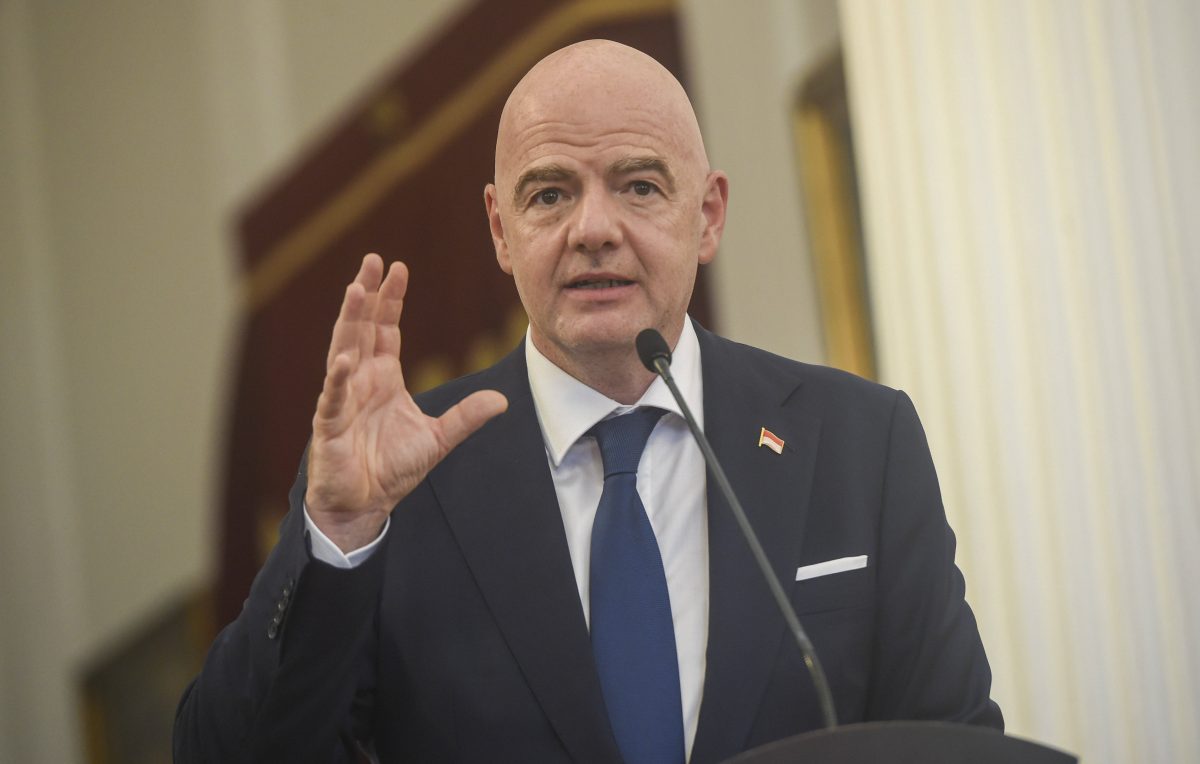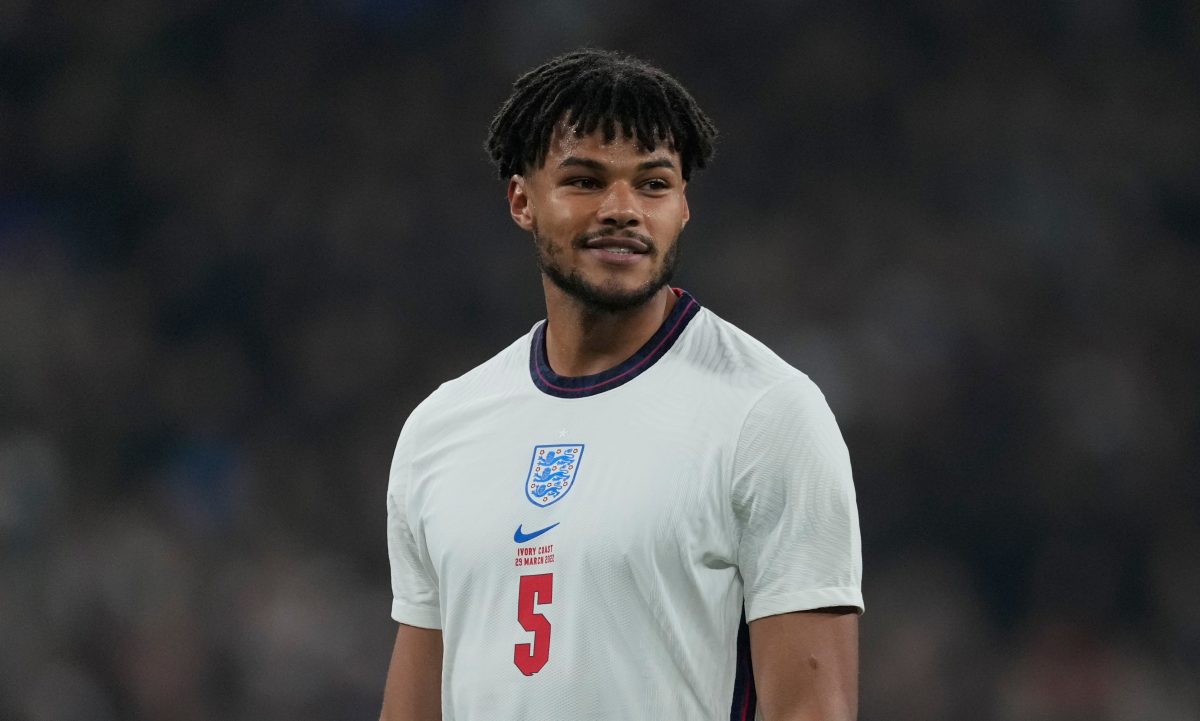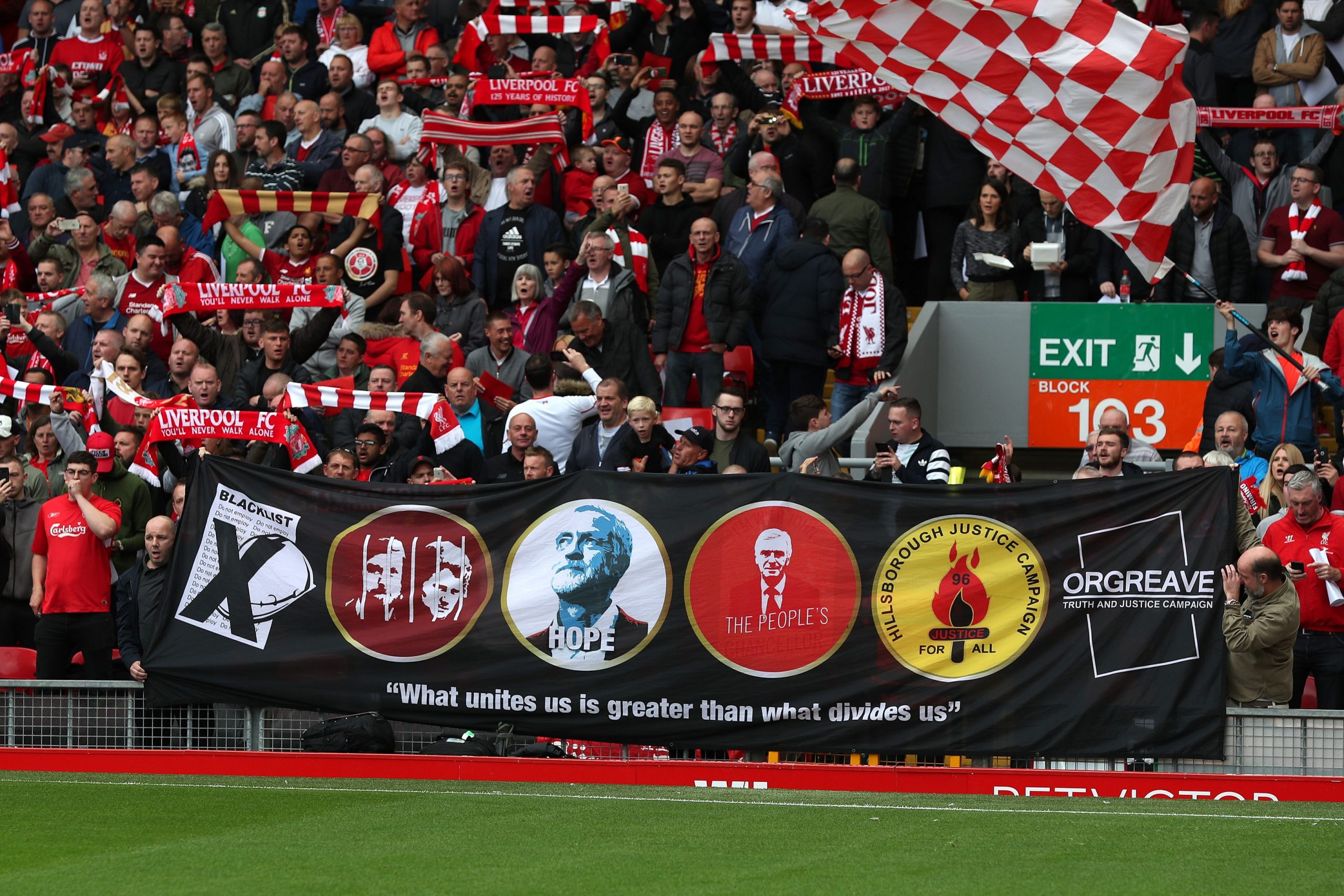While the FIFA 2022 world cup has been long awaited by some, many have criticised the fact that the cup takes place in Qatar.
With strict laws outlawing homosexuality, precarious and inhumane treatment of migrant workers as well as severe punishments for dissident journalists and campaigners, Qatar has been has been the face of human rights controversies for some time. Despite this, the cup is still set to go ahead on November 20.
Pundits and players alike have criticised the Cup’s locations, some even refusing to go. Hjk Helsinki player, Riku Riski, refused to go for ethical reasons and Amnesty international has branded it the “Qatar World Cup of shame”.
Human Rights Watch has also reported the abuses and harm of migrant workers.
Qatar also outlaws homosexuality, which means many LGBTQ people in Qatar face the death penalty.
In the face of criticisms from footballers, pundits, audience members and organisations, FIFA’s president Gianni Infantino sent a letter to all teams involved in the cup urging them to “let football take center stage” and “not allow football to be dragged into every ideological or political battle that exists”.

What Infantino failed to realise however, is that football is inherently a political game all the way down to its beginnings. Football is one of the most politicised sports and can’t break away from that, World Cup or not.
From the very start of the 20th century, football has been a powerful voice campaigning for progress in society and a reflection of society as a whole.
The commercialisation of the game took place during the 70s and 80s, bringing with it increased ticket prices. This was an abrasive reflection of the neoliberalism bought in Under Margaret Thatcher, an ideology that still remains in place under today’s infamous Conservative cabinet.
The commercialisation of the game in the 90s with the introduction and creation of the Premier League is also a reflection of the neoliberal ideology still prevalent in society.
If the very league that holds so many players together and brings together teams for competitions is a sharp reflection of socio-political ideology, then how can football ever be apolitical?
The idea that football can ‘bench’ politics just to ensure that the Qatar World Cup can go ahead smoothly is simply hypocritical.
Especially when football endorses certain political messages when they don’t want to receive bad press, as it were.
A clear reflection of this is that football teams are still expected to don poppies and stand for a minute’s silence prior to games in November, to show respect to the message behind the poppy appeal and the message it holds, which is entirely political.
By representing support for the British Army, the Poppy has often been said to support the army and it’s actions across the world.
When Manchester United player, Nemanja Matic, refused to wear the Poppy during a Derby match because it reminded him of NATO’s bombing of Serbia while he was growing up there, he was criticised by fans and pundits alike.
Similarly, James Mclean, an Irish footballer who plays for Wigan FC caused uproar for not taking part with the silence and bowing of heads in response to the death of the Queen, earlier this year.
But surely if football is an apolitical game, Mclean’s Irish heritage, growing up on the Creggan estate in Derry where many residents lost their lives during the events of Bloody Sunday in 1972, would be respected too and wouldn’t be a problem for fans or pundits?
Racism, a painfully political issue has been incredibly prevalent within football stadiums.
During the Euro 2020 cup, Black British players received a torrent of racist abuse after the team lost to Italy, in the final.
Players Bukayo Saka, Marcus Rashford and Jadon Sancho were amongst those targeted. Manager, Gareth Southgate, called the abuse “unforgivable”.
The squad had previously come under a torrent of abuse for taking a stance against racism by taking the knee before matches, showing support for BLM, with fans, pundits and even government ministers telling players to “focus on the football”.
The question that was asked in this case was how can politics or ideology be kept out of football in the face of such systemic racism happening in society when the squad has such multi racial makeup?
Black players have faced racism in football for years in the UK. Numerous times, players and pundits have called it out, event in the face of government criticism.
When infamous home secretary Priti Patel described the players as playing “gesture politics” for kneeling, she was called out by England defender Tyrone Mings who tweeted: “You don’t get to stoke the fire at the beginning of the tournament by labelling our anti racism message as ‘gesture politics’ and then pretend to be disgusted when the very thing we’re campaigning against happens.”

Kevin Prince Boateng, the professional football player who led AC Milan off the pitch in response to racist chants during a friendly with Pro Patria in Busto Arszio in 2013 said: “People in sports have unique opportunities and therefore a social responsibility. We speak to parts of society and pierce the hearts of those people that political discussions will never reach.”
Football is not a game that has been recently politicised, its role in society is always reflective of political and social issues and politics finds it’s way into football, match after match.
Hooliganism, a word used to describe “disorderly behavior and violence often perpetrated at sporting events” became increasingly present in the football stadiums of the 1960s.
During the 1980s, the term was used to describe British football fans internationally, following an number of dramatic matches at home and abroad, resulting in a number of deaths.
Growing racial tensions and youth cultures resulted in football matches being the one place where moral panics led to violence.
Disaffected sectors of society were using hooliganism to bring fears about societal change and blind-siding of the working class to light, rightly or wrongly and this came to a head when English teams were banned from European club competitions until 1990.
It’s clear that the beautiful game has never been apolitical.
Whether in the commercialised stadiums of Qatar or the Corbyn supporting seats of Liverpool’s ground, Football is a vehicle for change in society as well as a reflection of political agendas and ideologies across the globe.
The players themselves are members of society. They have political opinions just like the fans or any other members of public and football gives them a platform that is rarely held.
Especially in the case of young, Black, working class players like Marcus Rashford, who uses his platform to campaign for better opportunities for poor children across the UK, as well as campaigning among activists like Jack Monroe for free school meals and support for struggling families across the UK.
Reflecting upon his own childhood to bring to light the battles faced by many living below the poverty line, was a key message Rashford used and still uses to campaign for better support.
In response to calls by Tory ministers claiming that Rashford should stay out of politics he said: “I’d be doing my community and family a disservice if I did not use my platform to speak on behalf of millions who’s voices are not being heard”.
In today’s polarised society, football’s role in progressive politics is vital for it to respect it’s working-class roots and the fan bases that fill stadiums with support match after match.
Therefore, the deaths and the human rights abuses of migrant workers building the very stadiums where the Cup will take place this November is indeed a very political issue that cannot be ignored if the game is to stay true to it’s roots.

